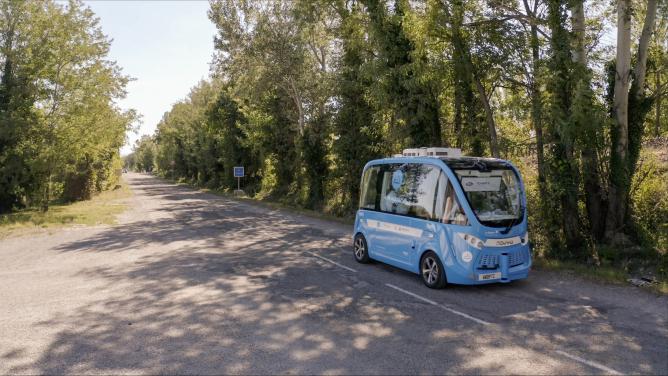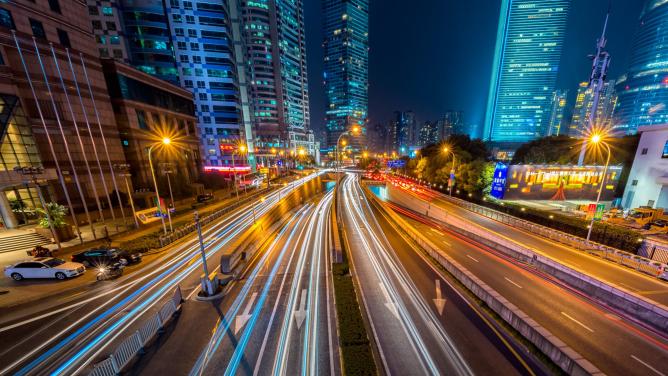
Autonomous cars, public transportation, apps… Artificial intelligence is coming into all means of transport and at every step of urban mobility. For the second conference of our events cycle on artificial intelligence on Tuesday, April 2nd, Leonard discussed the question of mobilities with actors making the bet that AI can improve mobility.
You can find the conference on Youtube (in French only) :
Safer and more flexible infrastructures thanks to AI
Paul-Matthew Zamsky, Head of strategic partnerships at Waycare, believes that artificial intelligence is an amazing way to improve the road conditions. He also mentions the long term of the infrastructure, and its hard adequacy with the non-stop evolution of cities: “We need 10 years to build an infrastructure supposed to host 2 million people. But once the construction is over, the population has already increased.” According to him, machine learning allows to adapt to these changes in real-time. It would also make communication possible between the infrastructures in order to create a holistic world of mobility.
Israeli company based in the United States, Waycare uses AI and predictive analysis to help municipalities to better manage traffic and make roads safer. The rise of connected cars means more data available; used wisely, they offer new opportunities in road management. In Las Vegas, Waycare announces a 17% of accidents decrease on a particularly busy stretch of the highway, thanks to their services.
The road is also the playground of Cyclope, a start-up created in 2017 by VINCI Highways, to develop image-based AI solutions for road infrastructure operators. What’s the goal? Using images to better understand mobility flows. Cyclope’s Product Lead Emmanuel Daubricourt underlines that the start-up has also developed two software packages based on AI : TollSense and TunnelWatch. They were both created to automate toll classification and improve road safety in tunnels.
Data, essential wheel of simplified mobility
How to achieve a better understanding of mobility flows, and a greater flexibility of infrastructures? For all our speakers, data is at the heart of artificial intelligence reactor.
Bertrand Billoud, Communications and Marketing Manager at Kisio Digital, emphasized the importance of data quality, a crucial issue which is still often poorly perceived by mobility actors. It is yet an essential task to give the “right information to the right person at the right time”, by including factors not directly related to transportation, but which may affect user’s travel choices: weather, disability status of the traveler…. But also pollution or smells, which could further optimize the mobility choices of travelers if they were referenced in apps. His dream ? “Get a hyper-qualified database, accessible to all”.
To reach it, all the actors will have to play the game of open data to break the silos. The obstacles to achieve such an objective are still numerous: regulatory constraints, lack of cooperation between all actors, lack of developers, difficulties in obtaining material information, especially from the road network … The path to fluid mobility is promising, but remains a path full of pitfalls.
The Artificial Intelligence cycle continues at Leonard:Paris! Next conference will be on May 14th to talk about AI in the industry.


